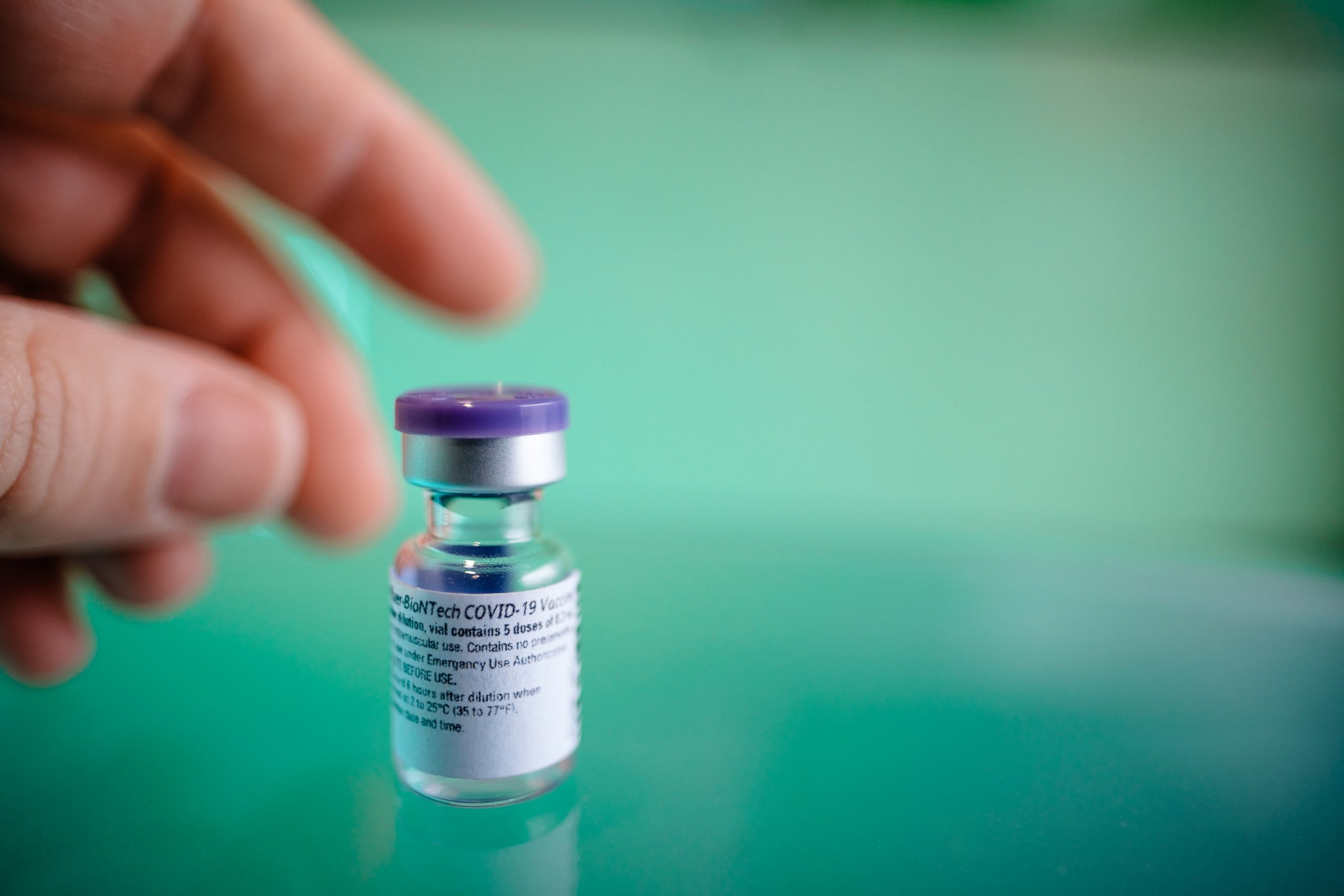'Highly likely' BioNTech vaccine will work against new strain, says CEO

BioNTech CEO Ugur Sahin has said that it is “highly likely” the company’s COVID-19 vaccine will work against the more infectious strain circulating in the south east of England, although further studies will be needed.
Sahin was addressing a news conference after the vaccine was approved by the European Union, three weeks after the shot was independently backed by the UK’s regulator.
The variant has caused concern globally, prompting dozens of countries to close travel borders with the UK to prevent it from spreading.
There is no evidence to suggest the new strain causes more serious illness, but it does show variations in the “spike” protein that the virus uses to infect cells – the same protein that the Pfizer/BioNTech shot uses to confer immunity.
Sahin said: “We don’t know at the moment if our vaccine is also able to provide protection against this new variant.
“But scientifically, it is highly likely that the immune response by this vaccine also can deal with the new virus variants.”
Proteins on the UK variant are 99% the same as on the prevailing strains and BioNTech has “scientific confidence” that the vaccine will be effective.
“But we will know it only if the experiment is done and we will need about two weeks from now to get the data,” Sahin said. “The likelihood that our vaccine works ... is relatively high.”
It would take around six weeks to adjust the vaccine for the new variant in a worst-case scenario, although regulators would likely have to approve the changes before the vaccines could be used.
The UK Medicines and Healthcare products Regulatory Agency (MHRA) is reportedly close to a decision on a rival vaccine from Oxford University and AstraZeneca and may make a ruling in the coming days.
The MHRA begun a rolling review of the vaccine early in November, around the same time as it began to review Pfizer’s shot.
It is thought the review has been delayed by the range of results produced by the vaccine, after a manufacturing error led to the accidental discovery that an initial half dose of the two-shot vaccine seemed to produce stronger protection.
Feature image copyright BioNTech SE 2020, all rights reserved












